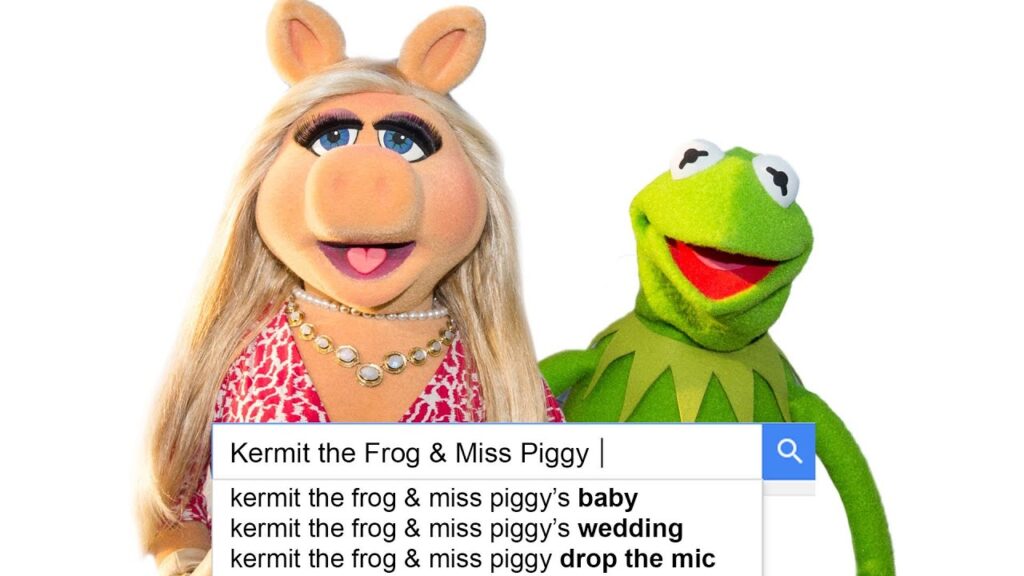Lost in Translation: The Challenges of Translating Vulgar Language and Expressions in Squid Game
Summary
In this article, we discuss the challenges of translating vulgar language and expressions from one language to another, using the example of the popular show Squid Game. We explore the differences in the use of address terms and swearing expressions between Korean and English translations, and how these differences can affect the portrayal of characters and their relationships. Despite these challenges, the success of Squid Game highlights the growing popularity of international language series, and the importance of appreciating cultural richness and nuances in other languages.
Table of Contents
- The Importance of Address Terms in Squid Game
- The Difficulty of Translating Vulgar Language and Expressions
- The Cultural Richness of International Language Series
- Conclusion
The Importance of Address Terms in Squid Game
One of the main differences in translations between Korean and English versions of Squid Game is the use of address terms. In Korean culture, honorifics are used constantly when speaking to each other, and the way characters address each other shows the evolution of their relationships. For example, the use of “hyung” means that characters are close, while the use of “oppa” implies that the woman is younger than the man. These nuances can be lost in translation, leading to a different portrayal of characters and their relationships.
The Difficulty of Translating Vulgar Language and Expressions
Another challenge in translating Squid Game is the use of vulgar language and expressions. Korean cursing words are often translated as “jerk” or other mild words in English, which do not convey the harshness of the original words. For example, the word “새끼” is translated as “jerk” most of the time, but it actually means a baby animal, and using it is like cursing at your mother. The use of vulgar language and expressions also reveals aspects of characters’ backgrounds and personalities that may be lost in translation.
The Cultural Richness of International Language Series
Despite the challenges of translation, the success of Squid Game highlights the growing popularity of international language series. Audiences are increasingly interested in exploring different cultures and languages, and international series provide a unique opportunity to do so. However, to fully appreciate the cultural richness and nuances of other languages, it is important to understand the challenges of translation and to approach them with an open mind.
Conclusion
In conclusion, translating vulgar language and expressions from one language to another is a challenging task. In Squid Game, the use of address terms and cursing words reveals important aspects of characters’ relationships and personalities, which can be lost in translation. However, the success of international language series like Squid Game demonstrates the growing interest in exploring different cultures and languages. As audiences, we should appreciate the cultural richness and nuances of other languages, even if we do not speak them.







